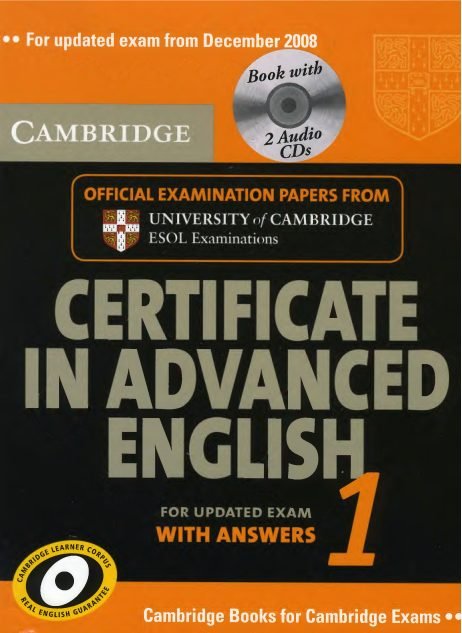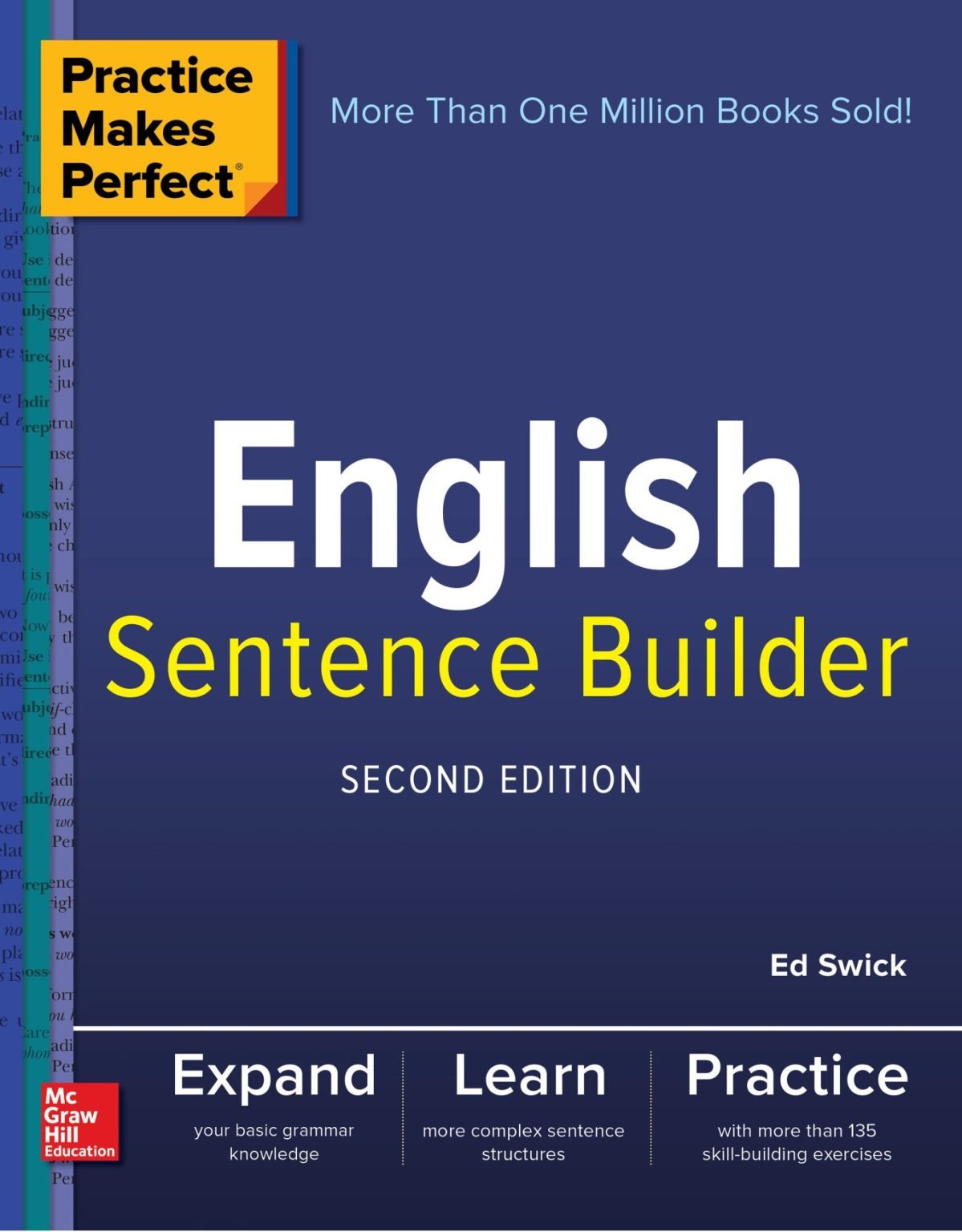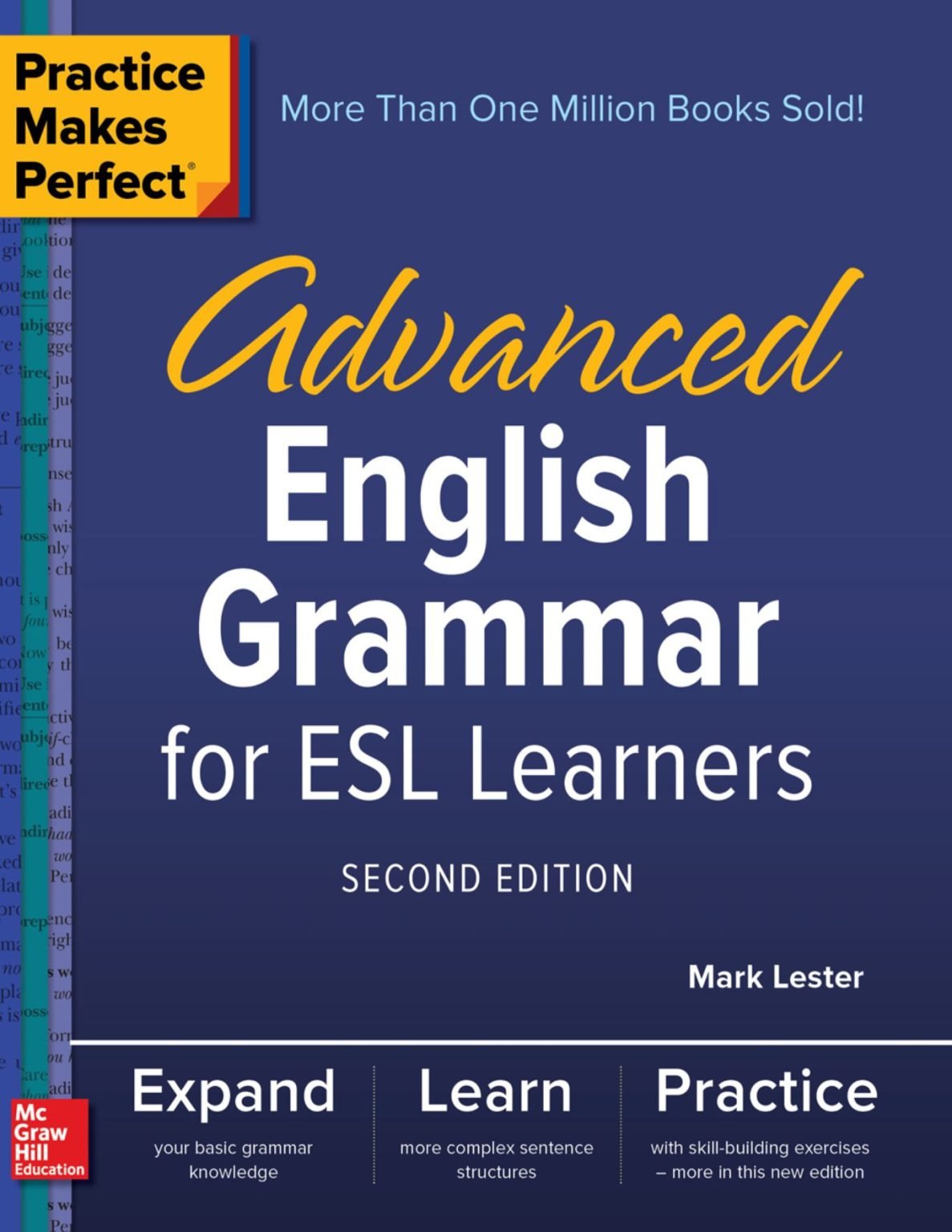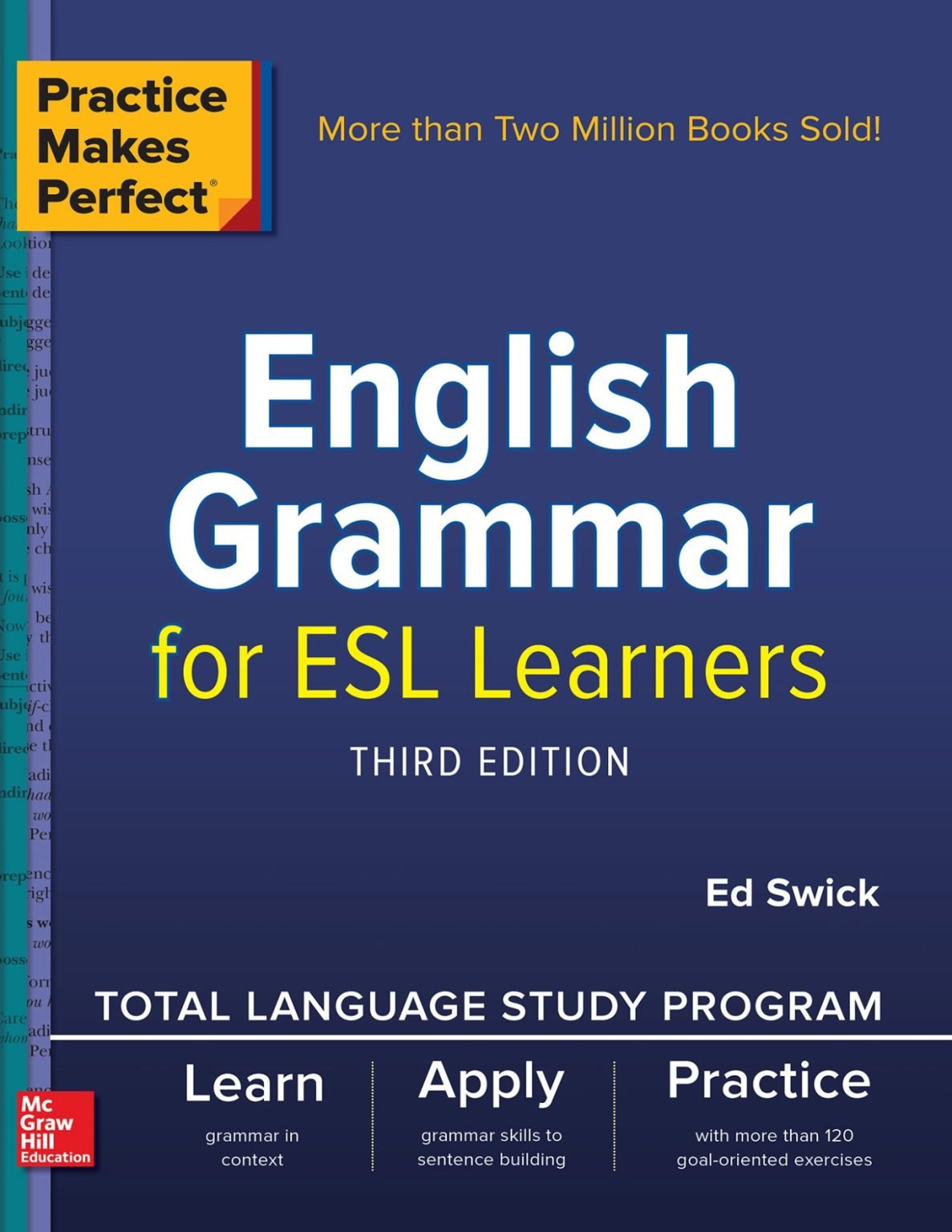RADICAL ACCEPTANCE
There are certain books you meet at just the right time, when your inner restlessness refuses to stay quiet and you know you need a new lens to look at life. That was the moment when Radical Acceptance found me. I had heard of Tara Brach before, but it was the audiobook that pulled me in. Cassandra Campbell’s narration felt like a gentle companion, calm yet firm, carrying Tara’s words with a softness that kept me rooted. It was not just listening, it felt like being invited to sit quietly with a wise teacher who knew exactly where my unspoken struggles lived. As the chapters unfolded, I found myself pausing often, letting the words sink in like water on dry ground. Tara does not preach, she opens doors, and in the way she explains the practices of mindfulness and compassion, it felt impossible not to see myself in her words. Below are eight lessons that lingered with me, each one reshaping how I view myself and the world around me.
1. The trance of unworthiness blinds us to our true nature: Tara speaks of how many of us live with a deep sense that something is wrong with us. As I listened, I recognized the quiet ways I too carry this belief, hidden beneath my actions and thoughts. She unpacks it with such clarity, showing how this trance is not truth but a learned habit of mind. The moment I heard it, I realized how freeing it could be to notice this pattern and name it. For anyone who listens, this lesson is a reminder that the stories we tell ourselves are not the essence of who we are.
2. Mindfulness opens the door to freedom: What struck me was how Tara describes mindfulness, not as a tool for perfection, but as a way of gently noticing. Cassandra Campbell’s voice made these words feel like an invitation, not a command. When I practiced paying attention without judgment, I could feel a lightness enter places that once felt heavy. This lesson helps because it shifts the focus from fixing ourselves to simply being present, and in that presence lies healing.
3. Radical Acceptance is both seeing clearly and holding kindly: Tara’s phrase stayed with me, because it combines truth with compassion. To see clearly without kindness is harsh, and to be kind without clarity can be avoidance. But when both meet, something shifts. I felt this deeply as she shared stories of patients and her own struggles. The balance is what makes life bearable. For any reader or listener, this teaching shows how wholeness comes not from rejecting parts of ourselves but embracing them fully.
4. The body is a gateway, not a burden: There was a moment when Tara guided attention into the body, and I realized how often I live in my head. Her words reminded me that the body carries truth and wisdom if we are willing to listen. For me, this lesson broke the distance I had kept with myself. It helps anyone who tends to overthink, to return to the grounding of breath, sensation, and presence.
5. Forgiveness is a path to freedom, not approval of harm: This lesson struck like a tender chord. Tara explains forgiveness in a way that removes the weight of misunderstanding. It is not about excusing or forgetting, it is about releasing the grip that keeps us bound to pain. I found myself thinking of old wounds and realizing how much energy they still held. Her message shows how forgiveness is more about our own peace than about the other.
6. Compassion for others begins with compassion for self: I could not escape this truth, because it became clear in her stories that without learning to be gentle with ourselves, our kindness to others is incomplete. Tara’s voice, carried by Campbell, made it feel as though this was not just advice but a call to courage. The lesson helps anyone who has given endlessly to others yet feels empty inside. Self compassion is not selfish, it is the foundation of real love.
7. Imperfection is not a flaw, it is the ground of connection: When Tara spoke of imperfection, it felt like a weight lifting. She reminded me that trying to hide or fix every flaw builds distance, while embracing imperfection draws us closer to one another. I thought of how often I compare myself to others and how lonely that feels. Her words showed me that shared vulnerability is what binds us together. This lesson helps break the illusion that we must be polished to be worthy.
8. Freedom is found in the pause: The closing idea that touched me most was her teaching on the pause, that moment between stimulus and response where choice lives. It was so simple, yet as I listened I realized how rarely I give myself that space. In the pause is where we can break patterns, respond with wisdom, and return to presence. This lesson helps because it gives a practical doorway into living differently, even in the smallest moments of daily life.
UPDATED EDITION 

GET BOOK: https://amzn.to/3Kn0HDu
𝐃𝐨𝐧’𝐭 𝐦𝐢𝐬𝐬 𝐲𝐨𝐮𝐫 𝐜𝐡𝐚𝐧𝐜𝐞 to grab captivating AUDIOBOOK:https://amzn.to/4gNL6ZK
Just click the link, Simply sign up on Audible, and start enjoying your unforgettable listening experience right away 
Follow this page now for more insightful book reviews!!
























